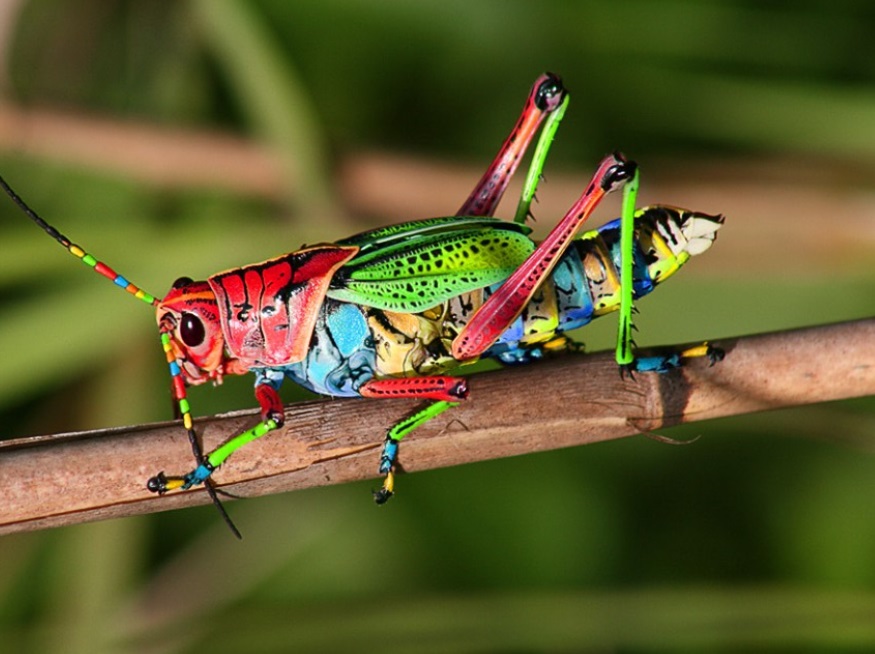Happy Monday!
We made it through a weekend—and now school is officially on
SPRING BREAK!!!
Crack open the barbie, load up the kids, and get ready to
go…Nowhere, since places are closed due to quarantine and the governor will
announce new restrictions any minute now.
Yay.
Also, the weather turned from sunny and near-summer weather…
 |
| Sun...too...bright...must...show...haircut... |
To rain. Pretty average, to be honest, but it’s another
reason to stay inside and read.
Speaking of which, I like to get my news from many different
points of view. Some I agree with (Thank you, BBC). Others I have the occasional disagreement with (really, The Atlantic?), while some I have many
issues with (here’s looking at you, The
American Conservative).
Recently, an article caught my eye in an unexpected way.
It’s from TAC—since The Atlantic is now all but pay-walled,
and BBC is focusing on breadth over
depth.
The article
is a look at covid-19 through the lens of one of Aesop’s fables: The Ant and
the Grasshopper. For those who don’t know, it’s the tale of, well, read the
title. The ant works all summer harvesting food, while the grasshopper lounges
around, enjoying life.
 |
| YOLO! |
Come winter, the ant has food and survives. The grasshopper,
having done no preparation, dies. Pulling away from the, “everyone for
themselves” mentality, the premise of the article is that we’re the
grasshopper: while the US should have been preparing for something like this
for decades, we instead ignored the doom and gloom of the experts and kept on
trucking.
| Let the puppies be a stand-in for your, "this is important," issue of choice. |
Even worse, the article claims, we squandered precious time
in the last few months by ignoring the problem. And we’re still not taking it
seriously .
So far, so good. An odd way of pointing out 20/20 (or should
it be 2020?) hindsight obviousness, but a good point none-the-less.
Then it breaks down into, “so, let’s build that wall to keep
everyone out.” The argument being that, since foreigners brought it in, if we
keep them out we’ll be safe.
Ignoring the fact that it was US citizens traveling abroad
who brought it back, I see your thought process and raise you one Plague of
Athens.
 |
| Believe me, this is sooo much better. |
See, about 2,400 years ago, Athens and Sparta were in a
little conflict called the Peloponesian War. Sparta controlled the land, Athens
controlled the sea, and it looked as though the tyrannical democracy could
outlast the tyrannical muscle-men. To help the war effort, Athens built its
long wall—and I do mean long. It not only encircled the city-state itself, but
stretched to their nearest port. So long as they could be supplied from the
sea, they were invincible.
 |
| Thank you, Wikipedia. Also...loong, loon, waaaAAAAaaaaallll!!! |
What could go wrong?
Well, most of the people of Attica—the region around
Athens—hid in the city for safety. As such, they were a little overcrowded—and
what does overcrowding cause?
Plague.
 |
| OR, AS I CALL IT, OVERTIME. |
We’re still not sure what it was exactly—it might be Typhus,
an early case of the Bubonic Plague, or something that’s died out. What we do
know (thank you Thucydides) is that it ripped through the population.
The ones trapped inside the walls.
To quote the ancient historian himself, “…mortality raged without
restraint. The bodies of dying men lay one upon another, and half-dead
creatures reeled about the streets and gathered round all the fountains in
their longing for water.”
Sounds pretty darn terrible.
So, here’s the thing. Quarantine &
personal space: yes. We’ve known that people pass disease to each other for thousands
of years—and that surviving the plague can make you immune.
But building a wall won’t keep out
diseases—if anything, it can make them worse.
Compared to Athens, the Spartans—who
didn’t build nearly as many walls—were relatively unaffected. They were able to
continue their campaign—and eventually win the war—while the Athenians
effectively lost the day the plague came.
And all because their walls trapped them
inside, increasing the spread of disease.
So, let’s take another look at the
fable: The Ant and the Grasshopper.
I’ll agree that we’ve been the grasshopper for a long time, taking advantage of
the natural moat of the oceans around us. Heck, we even squandered the
opportunity of the past two months for…reasons...
 |
| It rhymes with goals...moles...holes I'm digging myself into... |
But now we do need to be the ant. I’d
argue that productivity and preparedness were not the only skills that helped
the ant to survive. It needed focus as well.
If we’re going to make our way out of
this, we’ll need to focus. Sideline politics—like a wall, abortion rights,
supreme court nominations—need to stay on the sidelines. We need to be thinking
about solutions for the now, with an eye for the betterment of later.
In short, we should all be the ant, but
we can leave behind the anthill on which we’ll die.
This has been another Adventure in the
Austentatious. If you liked it, tell your friends; if you hated it, tell your
enemies; and if you don’t care either way, then tell everybody. Peace out, stay
healthy.
And happy quarantine.
Works Consulted:
-Wikipedia: The Plague of Athens
-Thucydides, University of Chicago
-Ancient History Encyclopedia
-The offending article
Works Consulted:
-Wikipedia: The Plague of Athens
-Thucydides, University of Chicago
-Ancient History Encyclopedia
-The offending article

No comments:
Post a Comment